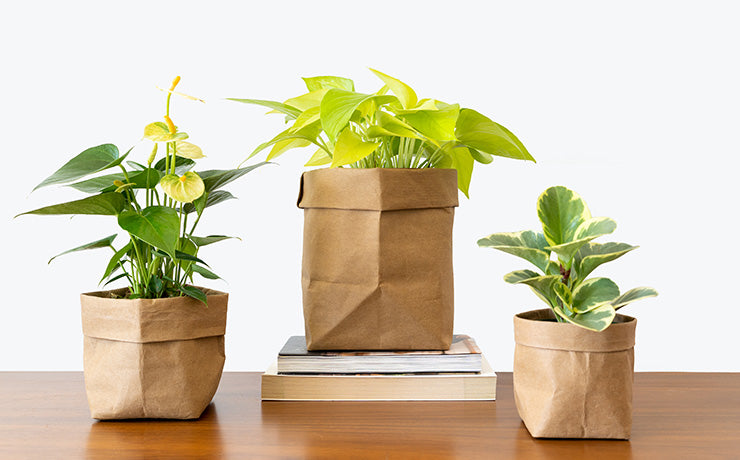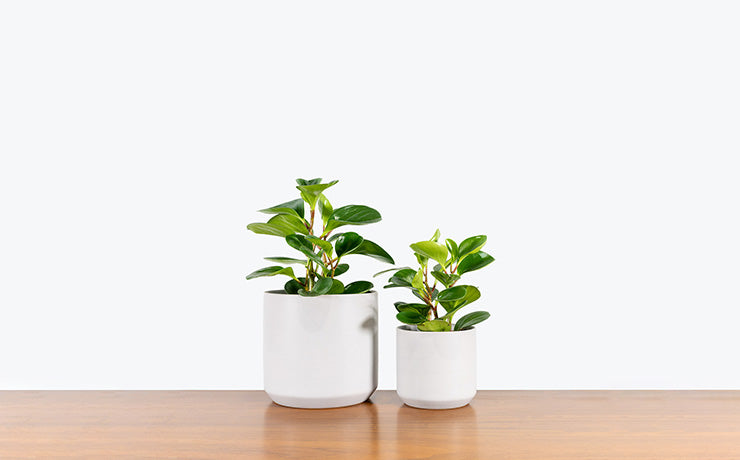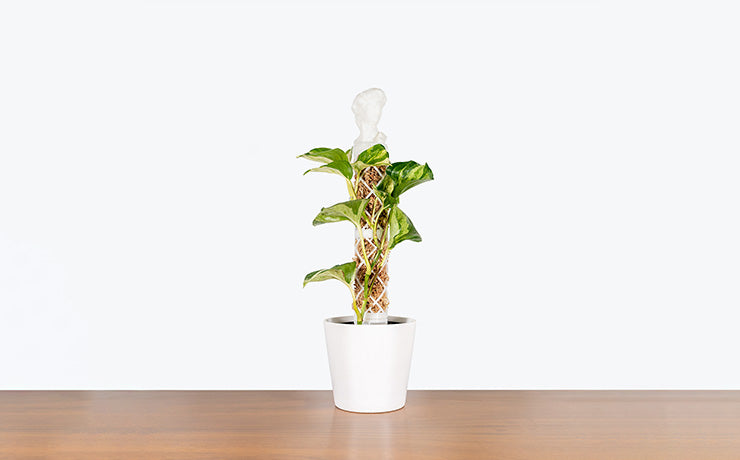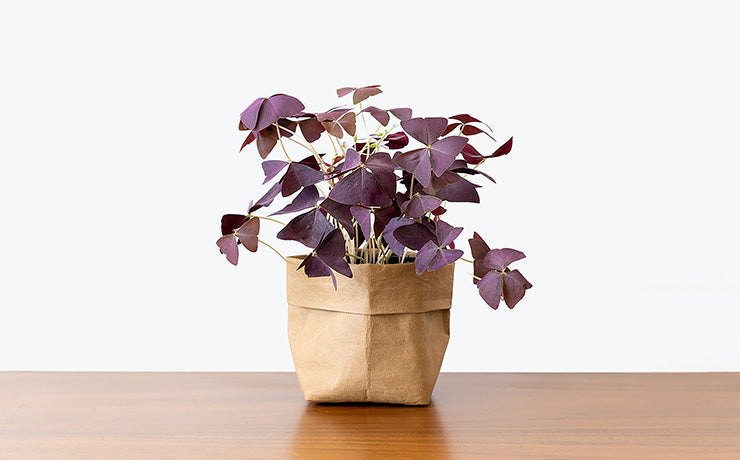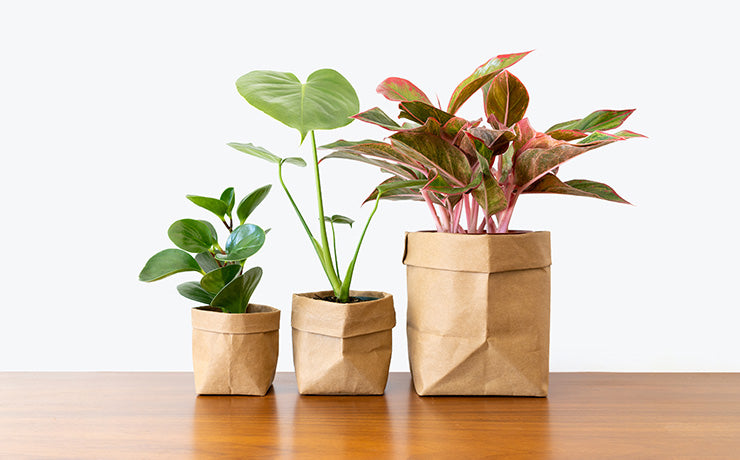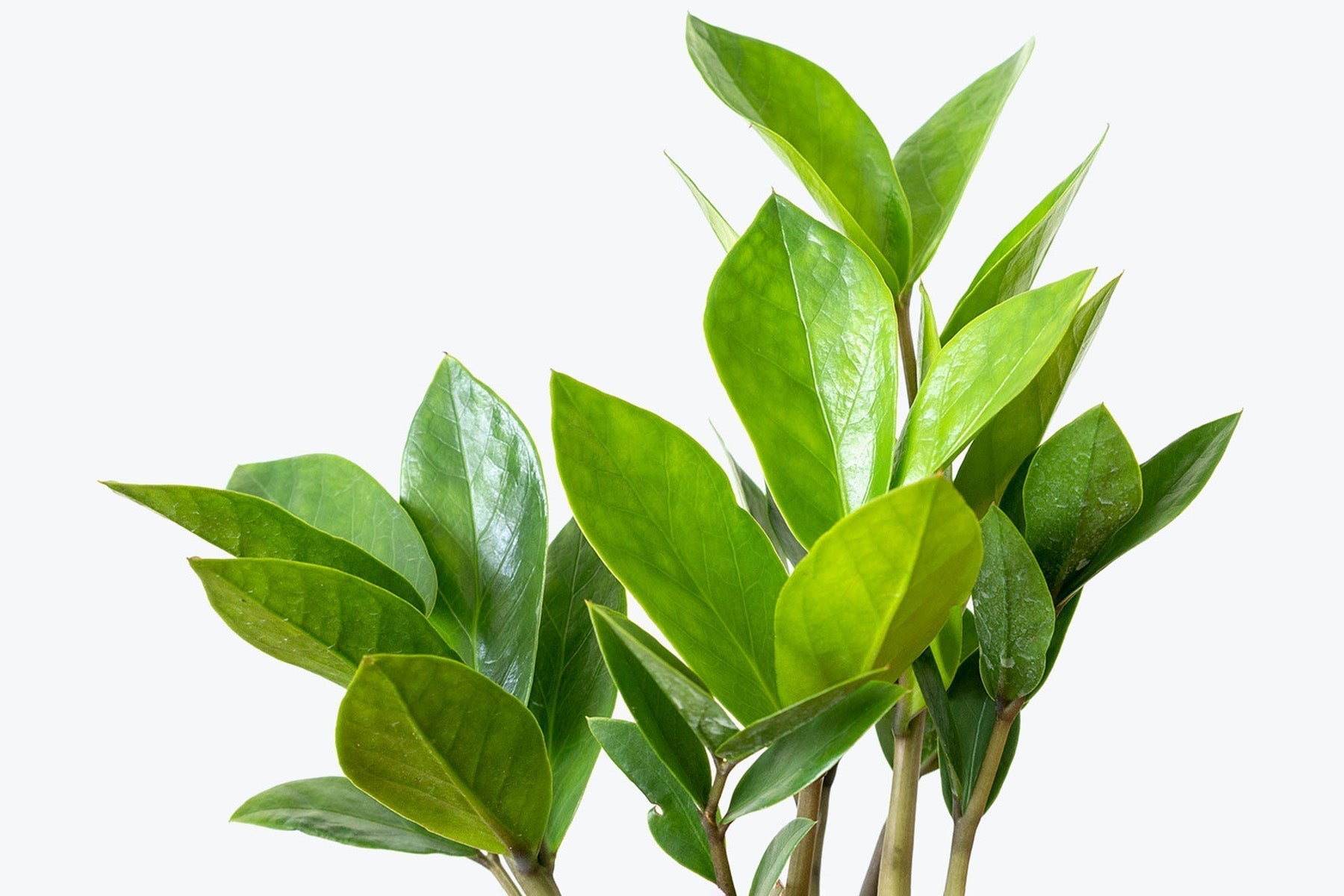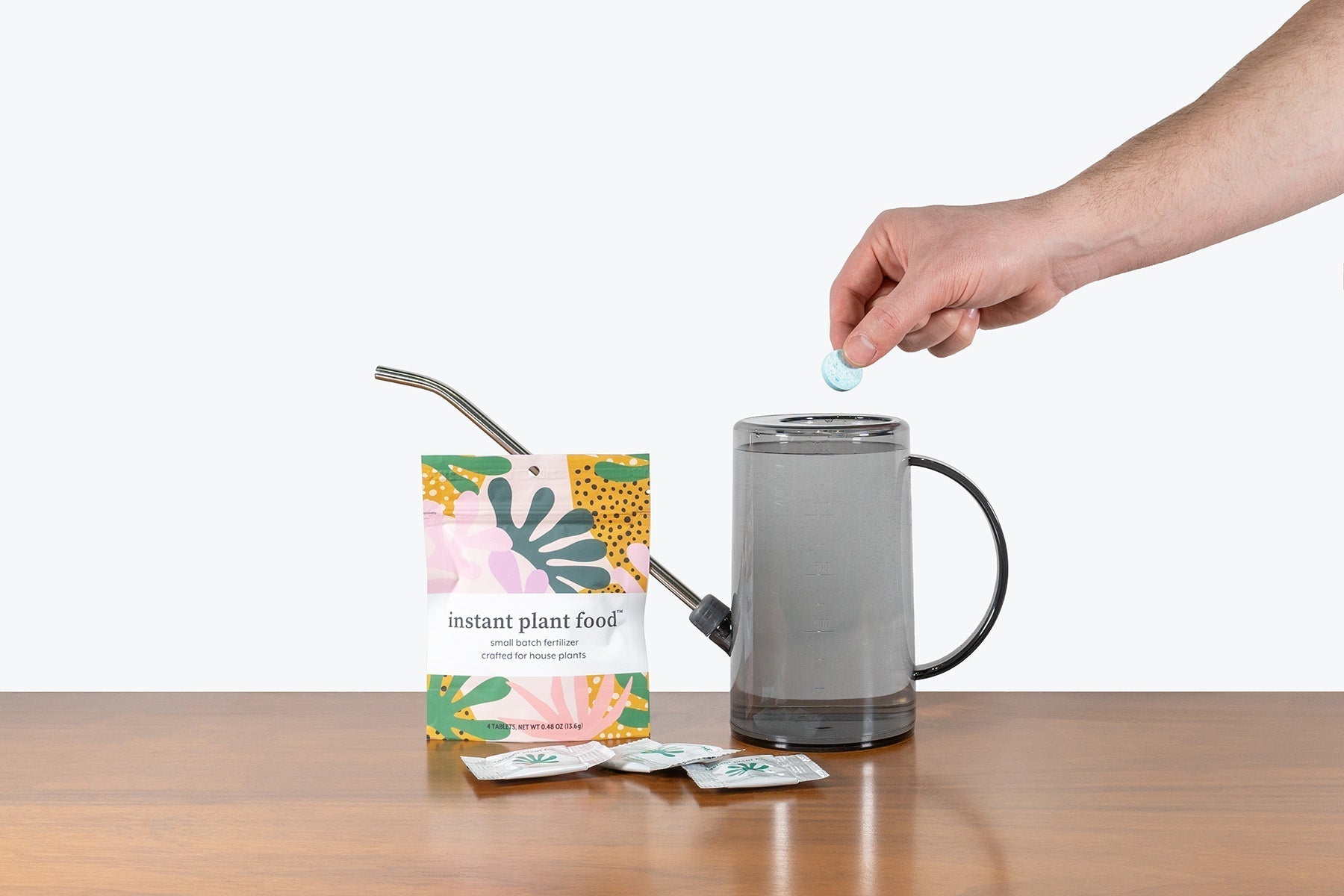
Top 10 Tools Every Plant Parent Should Own
When it comes to hobbies, we always seem to end up collecting more materials than just what our hobby is. For example, let’s say you love to read. You will obviously end up accumulating a pile of books but you may also start collecting pretty pens, cute bookmarks, decorative bookshelves and more. Although it could be argued, we believe that these additional items help in supporting the overall hobby and help keep it going for the long term. They also add to the excitement and overall enjoyment because who doesn’t love a good accessory?
Well, the same thing can be said for owning plants. Whether you are new to the hobby or a long-time collector, you have probably started to gather things that you may not have known you would need when you first started out. This could have happened on purpose or it could have been intentional because you have wanted to step up your game, regardless, there are definitely some tools and accessories every plant parent should have. However, it is easy to get lost in what is necessary versus what would just be nice to have so we have identified which is which to make it that much easier for you!
Below are what we recommend having in your houseplant arsenal to ensure the long-term health and happiness of both you and your plants:
1. Watering Can
Watering your plants properly is second in importance only to providing them with the ideal amount of light. Having a watering can that is not only easy to use but also aesthetically pleasing will make the entire process that much more enjoyable. Any will do but one with a long, narrow spout will allow you to reach into the plant and water it at its base without disturbing or damaging the foliage surrounding it. It will also be easier for you to control how much water you are providing your plant.
🥢
A “nice-to-have” tool when it comes to watering would be chopsticks, metal straws or a wooden spoon with a very thin handle. Soil can become compact over time or if it is left to dry out too much and using one of these to aerate the soil will allow an entryway for the moisture to reach the roots - just be sure to do so carefully and effectively to avoid damaging the roots.
2. Extra Potting Mix
Almost every plant comes potted up in its own soil mixture but, as you care for your plants over the years, you will often discover a couple may need repotting or maybe just a topping up of soil once in a while. Maybe you even prefer to have your plants in a more tailored mixture! In any case, it is always wise to have some extra soil on hand when the time comes, such as our JOMO Potting Mix, Aroid Mix or Succulent Mix.
Plant Fact: Houseplant soil is actually not made up of soil or dirt but you can read more about this in our Soil Guide!!
🤎
For those who like to make specific potting mixtures, or are avid propagators, soil amendments can be nice to have on hand when the time comes. Some of these include sphagnum moss, horticultural wood charcoal, akadama topping stone, perlite, or clay pebbles. Also, to keep any mess at a minimum, check out our gardening gloves and mats!
3. Pruning Shears or Indoor Gardening Clippers
Whether you plan on propagating your plants or not, clippers are an essential item to have in your toolkit. At one point or another, you will want to either remove old, yellowing leaves and stems or snip off a portion of the plant to encourage new growth - you may even want to propagate these cuttings. In any case, having clean, long-nosed clippers will aid your everyday maintenance needs.
Plant Tip: When doing any kind of pruning, make sure the shears are sharp and sterilized to avoid spreading disease or introducing bacteria to the exposed cut.
✂️
In addition to clippers, a full toolkit, such as our Soil Scoop, would help to keep your plants looking their best and make the required work just a little bit easier.
4. Pots & Planters
While owning plants, you will definitely build up a collection of nursery pots and cachepots (i.e. decorative planters that don’t have drainage holes). It is always wise to have these on hand should the need for repotting arise (from overwatering, propagating, upsizing, etc.) or for when you bring home a new plant. We recommend leaving plants in their nursery pot with holes and then placing them into a decorative pot. If the cachepot has holes, you can also feel comfortable planting the plant directly into it after the plant has adjusted to your home. Making sure there are holes will help reduce the chances of overwatering!
Plant Tip: Just because a plant should be in a pot with holes doesn’t mean you have to resort to something bland and boring. There are plenty of unique hanging planters, stands, and pots that will suit the appropriately sized nursery pot perfectly!
🪣
If you aren’t a decorative pot collector, having clear saucers or trays on hand will help catch any water that drains out of your plants and will keep any mess at a minimum - all while protecting your furniture at the same time.
5. Plant Mister or Spray Bottle
The majority of houseplants are native to tropical habitats so maintaining a humid environment in our homes can be essential for their long-term health. This is especially true for plants that tend to develop crispy tips or edges if the air is too dry. Having a plant mister on hand, spritzing your plants every day or so (especially during the winter months when indoor heating is in full effect), would help keep this browning at bay.
💦
Other ways to increase the humidity in your home would be through using pebble trays, by grouping plants together to increase the ambient humidity of one location, or by placing humidifiers near your plants.
6. Fertilizer
Often overlooked, or not even thought of at all, fertilizer is an incredibly important aspect of plant care. We cover this extensively in our Fertilizing Explained blog but, as a quick summary, the needs of our plants are entirely in our hands, unlike those plants that live outdoors where nature provides rain and plants can send new roots searching for nutrients. The soil in pots becomes depleted of nutrients faster than those in the ground due to more frequent waterings that wash out nutrients without adding any back in. We always recommend using at least a general-purpose, balanced fertilizer that comes in either water-soluble or liquid form (such as our Organic Liquid Plant Food)!
7. Pest Control
While we don’t wish them on anyone, pests are all a part of owning plants and we are guessing you’ve had at least one run-in with these pesky insects. Even if you have magically not experienced them at this point (congratulations to you!), we still advise performing preventative treatments every few months and always keeping a watchful eye before any major problems develop. Something like a 3-in-1 Garden Spray Insecticide or Plant Wellness Foliage Spray will help deal with the trickier bugs and Sticky Stakes are great for fungus gnats.
🐜
If you are experiencing any pests at the moment, feel free to check out our Common Pest Guides for what to do next, or email us at help@jomostudio.com for further assistance!
8. Grow Lights
In North America, winter can be quite the downer for houseplants when it comes to light levels - the days are much shorter than the summer days and they are often gloomy or cloudy with impending rain or snow. Using grow lights such as this Industrial Grow Light to supplement this lack of light can help boost the health of your plants by filling in where the weather is lacking!
9. Plant Support Tools
If you are like us, you’ve probably collected quite a few plants that are known to climb, such as the Pink Princess Philodendron, Monstera Deliciosa, Philodendron Florida Green, or the Rhaphidophora Decursiva but the list can go on and on. Trust us and get yourself a moss pole, such as our JOMO Extendable Moss Poll, and we can almost guarantee that your plants will be even happier.
🪜
Houseplants that produce aerial roots on their stems, or adventitious roots, climb in their natural habitat, collecting extra nutrients and moisture. For some plants, the contact between aerial roots and the moist moss, or any natural surface that mimics outdoor surfaces, can trigger the development of larger, more mature leaves. Sounds like a win-win!
10. Propagation Station
Our tenth and final thing you should own as a plant parent would be a Sprout Propagation Station. Yes, you can propagate plants in almost any container but why not do it in something a little more sophisticated than the average glass jar. With a propagation station as decorative as this one, you will be snipping away at your plants (with our garden pruners, of course) in no time.
🪴
When it comes time to actually propagate your plants, check out our Propagation Guides that are tailored to the methods most fitting for each plant. To make your propagations take more reliably, use something like a Liquid Root Stimulator that will promote healthy and rapid root growth!
Bonus Mention: Plant Instagram
Ok, we know we said there were 10 top items but we would definitely recommend starting your own plant-inspired Instagram. While collecting plants, the addiction never stops. At that point, sometimes we start to wonder if people will care at all about our plants but there is definitely a wonderful world of #plantstagrammer's out there. In this world, everyone shares the same passion for new growth and new additions, as well as always being there for those with any questions. When you do start your own, follow us @jomostudio and use the hashtag #plantwithjomo - you may be featured on our Instagram!
📱
If you don’t believe us, just search up #houseplantclub, #houseplantlover, #monsteramonday, #plantsofinstagram, or #plantsmakepeoplehappy today and you’ll see just how many people love plants just as much as we do.
There you have it, our top 10, JOMO-certified recommendations for things every plant parent should own! Although there are definitely more items that would be nice to have, the above items are what we use almost every day in our shop and they make the whole process of caring for our plants that much easier, not to mention, more enjoyable. Like most hobbies, you want the work to be relaxing and relatively stress-free (we say relatively because our plants can definitely stress us out sometimes, we’re looking at you houseplant pests!), so having the right tools will set you up for success in the long-run. If you have a loved one in your life who loves plants, why not treat them to one of the above items, or gift them a Digital Gift Card to get them started today!
